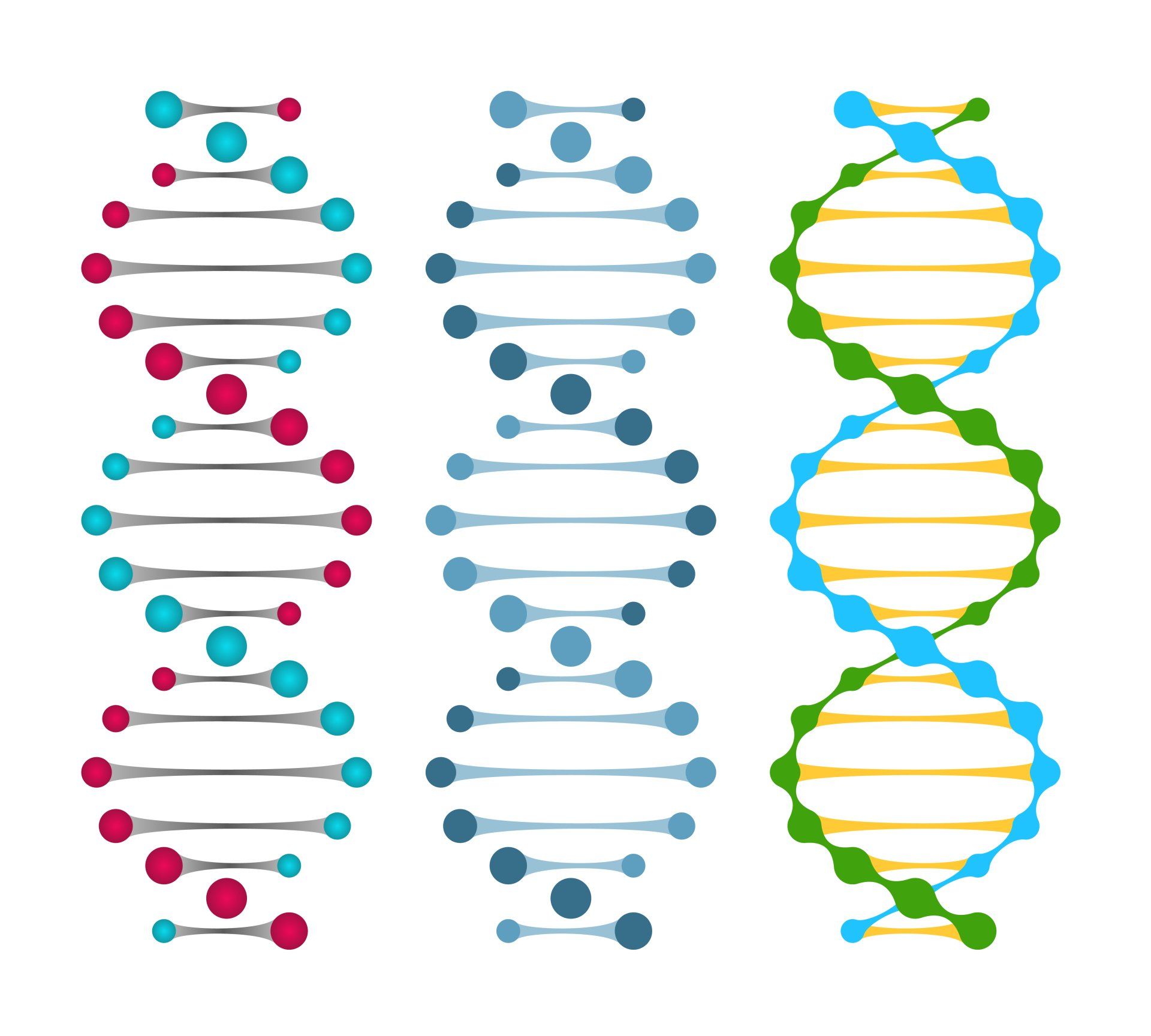Sourcing
Sourcing is a complex process that involves multiple stakeholders, strict regulatory frameworks, and various logistical challenges. Whether you are sourcing raw materials, specialized equipment, or finished products, the goal is to ensure quality, compliance, and cost-effectiveness.
Regulatory Compliance
Biotechnology products often fall under stringent regulatory oversight. This is especially important in the case of sourcing active pharmaceutical ingredients (APIs), specialized reagents, or medical devices. Understanding the regulatory landscape can help in sourcing materials that meet compliance standards such as FDA approval, Good Manufacturing Practices (GMP), or ISO certification.
Quality Assurance
The emphasis on quality cannot be overstated. Substandard materials or services can not only derail R&D but also risk non-compliance with regulatory bodies. Vendor qualification, audits, and periodic quality checks are standard practices in sourcing.
Ethical Considerations
Sourcing may sometimes involve biological materials like human tissue samples, animal-derived products, or even proprietary strains of microorganisms. Ethical sourcing and compliance with bioethical norms are crucial.
Technology Transfer
In the biotechnology industry, the transfer of technology and intellectual property can often accompany sourcing agreements. Such deals must be approached with confidentiality and clear legal frameworks for IP rights.
Geopolitical Factors
With the global nature of the biotechnology industry, it’s essential to consider geopolitical stability, trade restrictions, and currency exchange rates, as they can impact both the cost and the reliability of sourcing operations.


